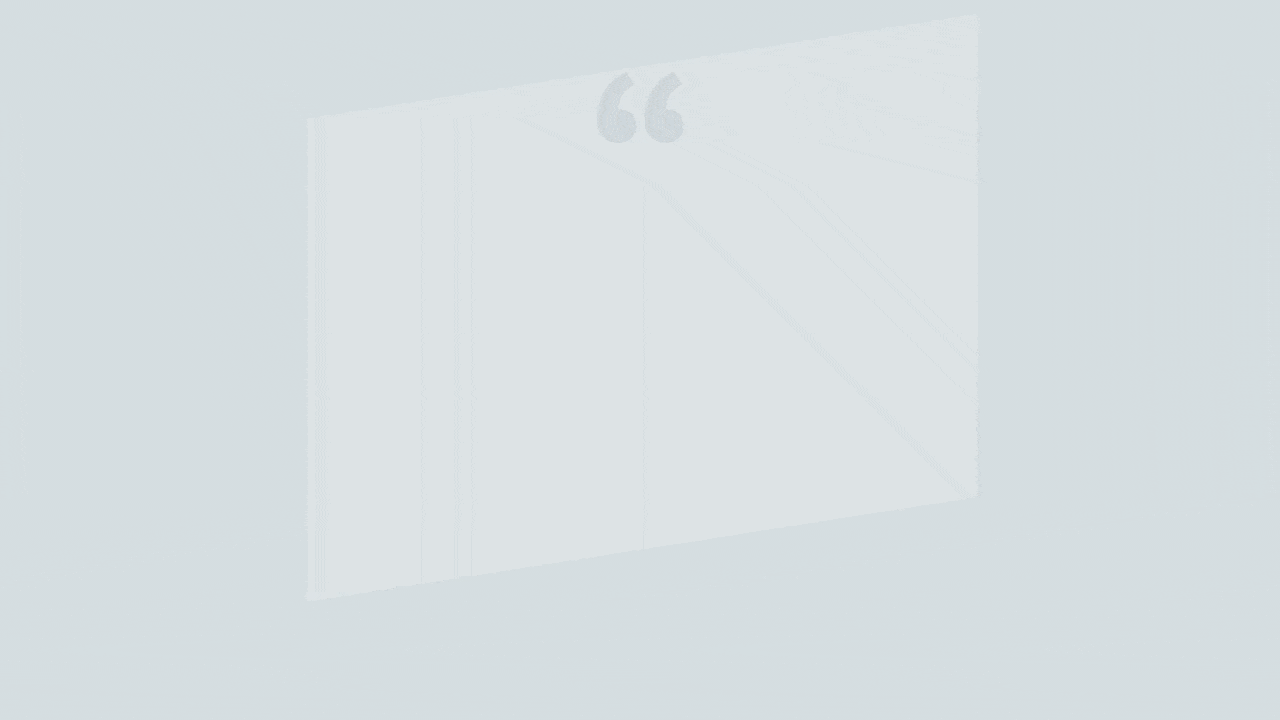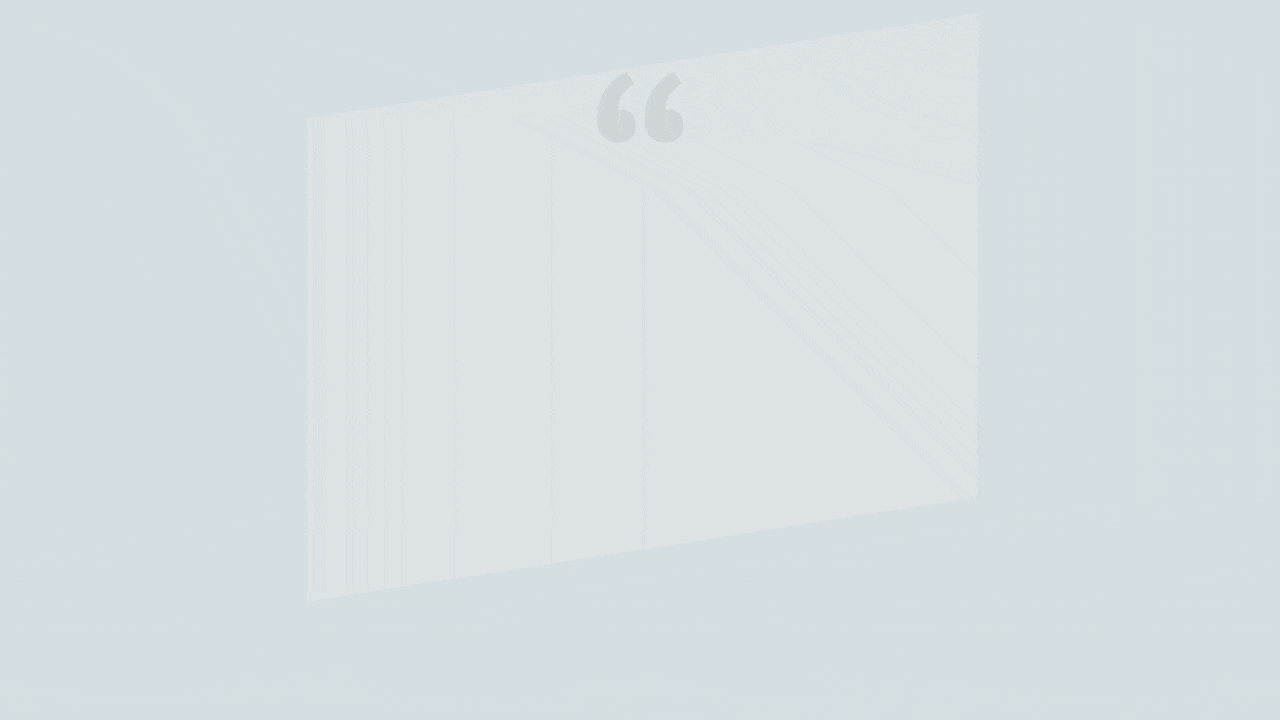Our VP of Partnerships, Zak Pines, recently interviewed Matthew Hui, Chief Operating Officer of Belmar Consulting, as part of our ongoing Partner Interview Series. Their conversation covered a wide range of topics, including how Belmar started, how they support nonprofits with real-time data and sustainable changes, and the Formstack partner community. Here’s an abridged transcript of the chat.
Introduction to Belmar
Zak: Can you start by telling us a little bit about Belmar and what it brings to today’s market?
Matthew: Belmar is a dedicated Salesforce implementation partner, and we really serve the nonprofit and public sector industries as a whole. I think what sets Belmar apart from other consulting firms is our dedication and commitment to our clients and our roots in the public sector. We have lots of experience in governance and data residency, as well as anything related to the regiment nature of the public sector of government organizations. These strengths lend themselves to nonprofits because they have a lot of care for their data, as it is their most important asset.
Zak: How did you become a Salesforce-only shop?
Matthew: Our identity as a company has definitely evolved. I've been at Belmar for almost five years, but before my time, we actually used to be a consulting partner that consulted on various systems, specifically in the Sage Ecosystem. When we were consulting on that platform, we would come up against Salesforce in RFP responses, and we would lose every single time. So we figured, if we can't beat them, we might as well join them. We made a strategic shift to become consultants of the Salesforce platform. That's when we started in the public and commercial sector, and it naturally evolved over the years to nonprofit.
Nonprofits Are Itching for Change
Zak: Who is the ideal Belmar customer?
Matthew: We love an organization that is ready for change. When we come into any type of project or implementation, we want to be a long-term partner, not just a one-project wonder. A typical client profile is an organization that is ready to change or really wants to move the needle. They come to us with a problem, and we are here to help them solve it. Ultimately, we want clients who are willing to partner with us on this journey.
Zak: What are some of the problems you help customers solve?
Matthew: I think nonprofits as a whole are itching for a change. Many are seeing that their old systems are not cutting it. Constituents are demanding a certain level of care at a certain level of attention, but also a certain level of reporting from an impact perspective. They want to know where their dollars are going, and that is typically where the bottleneck appears for a lot of organizations. They need a system that grows with them and can accommodate their requests, as well as provide real-time data.

Zak: What process changes would better support real-time data?
Matthew: A lot of the nonprofits we work with have legacy processes that need to change in order to accommodate trends in the market—perhaps changes in demographics of their ideal constituent. To give you an example, we have a handful of nonprofit clients whose donors are getting younger and younger. So they need to specifically pertain to those folks in different mediums, but they're used to their legacy processes.
At Belmar, we ask, “Prior to data, prior to technology, prior to implementation, prior to anything, what are you trying to accomplish from a business standpoint? And does that process allow you to make those accomplishments as an organization? If it doesn't, what are the parts of that process that need to be eliminated or refined?” Nonprofits are looking to us as their trusted advisors to find some of those processes, be it a major gifts process or a recurring donation process.
Belmar Seeks Partners They Can Trust
Zak: How did you first partner with Formstack?
Matthew: We only recommend tools that we can stand behind and that will satisfy use cases our clients are facing. If their problem needs to be solved by a third-party platform, is that vendor going to continue the same quality partnership we want with our clients?
Along the way, during not only sales cycles but also implementation cycles, Formstack came up as a great alternative for form building. There are many third-party platforms that offer this, but I think the big things that resonated for us were Formstack’s ease of use, the sustainability of their tools, and the ability for nonprofits to adapt and evolve their systems.
Zak: How would you characterize Formstack’s partnership?
Matthew: The Formstack team has been very, very responsive, as well as willing to collaborate on events and marketing material. When we are bringing in a third-party tool, the timelines are typically pretty short. We need pricing, featured sets, comparisons, etc. and Formstack has been able to run with the punches every time something comes up.
Zak: Why is it important for your clients to be able to adapt and evolve their solutions?
Matthew: We often take a low-code or no code approach. That’s because we want our clients and nonprofit partners to be able to manage the system themselves. We don’t know what problems are going to pop up. Nonprofits change, businesses change, agencies change. To create a system that they can manage themselves is going to deliver long-term success. We want to be able to hand over the keys so they come back to us with brand new projects or ideas, not little revisions to the systems they should be trained on. The recipe for long-term adoption and success is a system that is sustainable and can be managed by the client’s own team.

Zak: How would you advise a customer to think through a build versus buy decision?
Matthew: I think the real question is “What is the requirement you are trying to solve? How complex and nuanced is that process? Can it be solved? Is it repeatable, or is it different every single time?” If there isn’t a lot of complexity, that’s a problem that can probably be solved by a pre-built solution. But if it’s something that's more nuanced or has a lot of complexity, you may need to build something. As a company, we look for something that reflects our four design principles: sustainability, scalability, accuracy, and maintainability.
Want a partner who reflects your principles? Looking to create sustainable change in your organization? Check out Formstack’s partner program for consultants, agencies, and tech partners.












